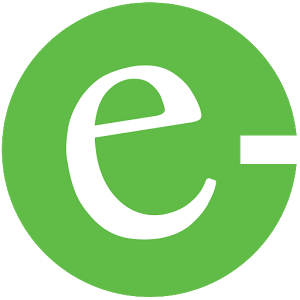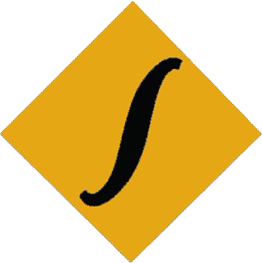ENOTES
Differences between library and user defined functions
As we have discussed here, we have two different types of functions in C. They are library and user-defined function. Library functions are built-in functions which are defined inside C library whereas, user-defined functions are declared and defined by the programmer based on their needs.
Differences between Library and User-defined functions
| Library / built-in functions | User-defined functions |
| These functions are predefined in a header file or preprocessor directive. | These functions are not predefined rather it is defined by user according to the requirements. |
| These functions can be simply used by including respective header file. | These functions should be declared, defined and called in order to use. |
| Since, these functions are predefined programs are short. | Since, these functions should be defined by the user programs are lengthy. |
| Program execution time is faster. | Program execution time is slower. |
| It simplifies the program. | Using more user-functions increase complexity. |
| Eg, strlen( ), strcmp( ), strcpy( ), strcat( ) | Eg, fact( ), average( ), greatest( ), anyname( ) |
Program example of Library functions
#include<stdio.h>
#include<string.h>
int main( )
{
char n[10],a[10];
printf(“Enter string”);
scanf(“%s”,n);
strcpy(a,n);
printf(“Copied string is %s”, a);
return 0;
}Program example of User-defined functions
#include<stdio.h>
void sum ( ) ; //function declaration
int main ()
{
sum( ); //function calling
retun 0;
}
void sum ( ) // function definition
{
int a, b, c;
printf("Enter two number");
scanf("%d %d", &a, &b);
c=a+b;
printf("Sum is %d", c);
}Click here for Recursive function and examples.



